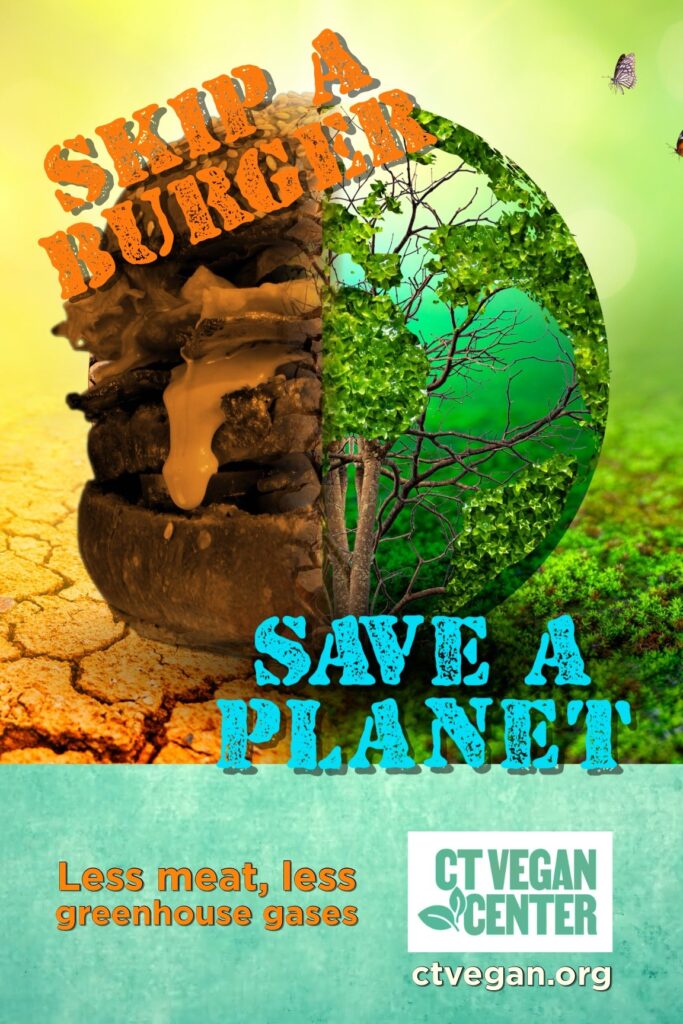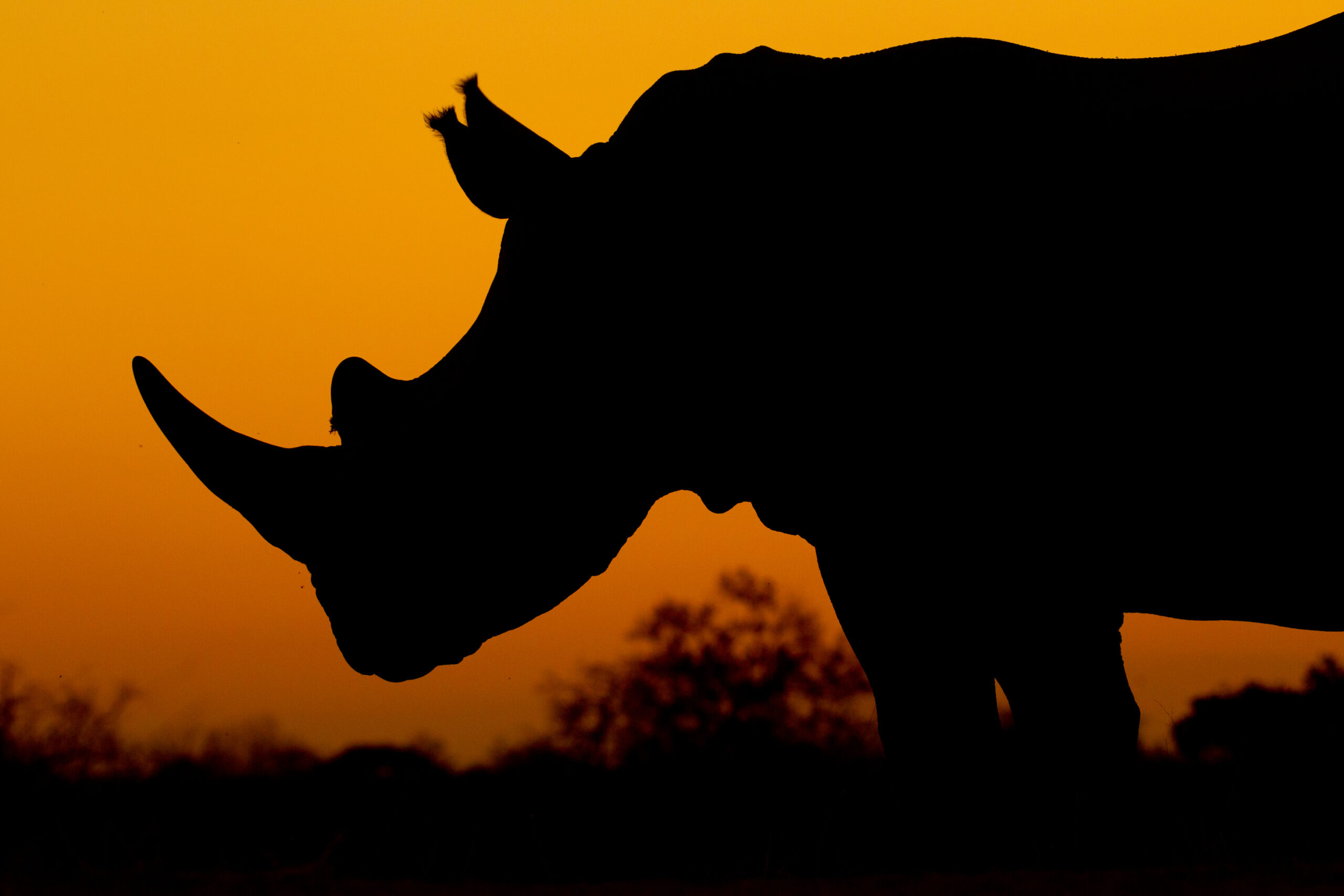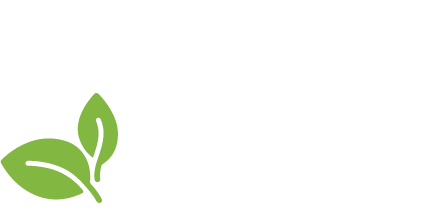SAVE OUR PLANET
Animal agriculture has a profound negative impact on our environment. According to the United Nations, animal agriculture causes the world’s most pressing environmental problems, including climate change, deforestation, air and water pollution, and the mass extinction of wildlife.
But there is one action that every individual can take immediately to save our planet – eat in such a way that stops contributing to climate change, reduces the suffering of living beings, and heals and preserves our precious planet. We encourage people who care about the environment like you to embrace the benefits of a vegan lifestyle.

DEFORESTATION
One of the primary environmental consequences of animal agriculture is deforestation. Large swaths of forests are cleared to make way for pastureland and to cultivate crops for animal feed. This process not only results in the loss of biodiversity but also releases significant amounts of carbon dioxide into the atmosphere. According to Yale University, cattle ranching accounts for 80% of the deforestation in the Amazon rainforest. The destruction of vital ecosystems exacerbates climate change and threatens the survival of numerous plant and animal species.
GREENHOUSE GAS EMISSIONS
Animal agriculture is a major contributor to greenhouse gas emissions, primarily methane and nitrous oxide. Livestock, especially ruminants like cattle, produce methane during digestion through a process called enteric fermentation. Additionally, the use of manure and fertilizers in animal farming releases nitrous oxide. These gases are potent contributors to global warming, and addressing their emissions is crucial for combating climate change.

WATER USAGE AND POLLUTION
The water footprint of animal agriculture is substantial. From providing water for the animals themselves to irrigating crops for feed, this industry places immense pressure on water resources. The meat and dairy industries use one-third of the earth’s fresh water.
Moreover, the discharge of animal waste into water bodies contributes to pollution, harming aquatic ecosystems and posing risks to human health. Animal agriculture is the #1 polluter of our rivers and streams in the U.S.
MASS EXTINCTION OF WILDLIFE
The expansion of animal agriculture causes habitat destruction and fragmentation, resulting in the extinction of wildlife and loss of biodiversity. The United Nations cites animal agriculture as the leading cause of species extinction. Many species are displaced or pushed to the brink of extinction due to the conversion of natural habitats into farmland. Preserving biodiversity is crucial for maintaining ecosystem balance, resilience, and overall environmental health.

LAND USE AND FOOD SECURITY
Animal agriculture uses nearly 80% of the world’s farmland to support livestock and grow feed crops. This extensive land use contributes to soil degradation and reduces the availability of arable land for growing human food crops. As the global population continues to grow, finding sustainable and efficient ways to use land resources becomes paramount for ensuring food security.
ANTIBIOTIC RESISTANCE
The use of antibiotics in animal agriculture, often for growth promotion and disease prevention, contributes to the emergence of antibiotic-resistant bacteria. This poses a serious threat to both animal and human health. Reducing meat consumption is essential to mitigate the risk of widespread antibiotic resistance.
THE SOLUTION
There’s one simple solution to these environmental problems: GO VEGAN!
If everyone chose a vegan lifestyle, global farmland could be reduced by 75%, freeing up land the size of the US, China, the EU and Australia – combined. Rewilding farmland would create new habitats for wildlife, increase biodiversity and combat climate change. A vegan diet reduces your greenhouse gas emissions by 75%.
Harvard’s School of Public Health promotes a vegan diet as the optimal diet for living a long and healthy life. Transitioning to a vegan diet is the single biggest way to reduce your environmental impact on earth.
The United Nations Intergovernmental Panel on Climate Change promotes a vegan diet as a major opportunity for mitigating climate change and encourages governments around the world to adopt policies to reduce meat consumption. Please encourage efforts by your local representatives to adopt policies in Connecticut to reduce meat consumption.

